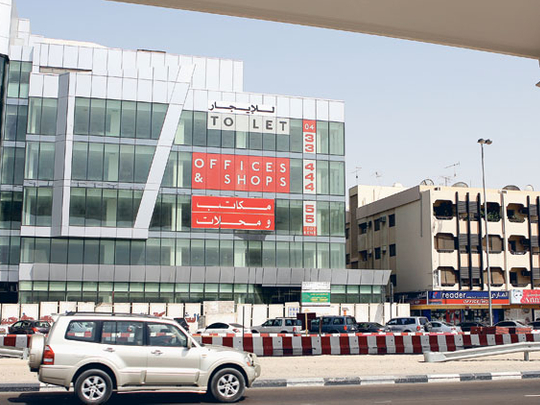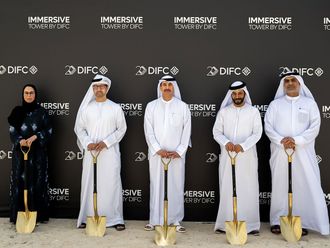
Dubai : Much of Dubai's real estate market will continue snoozing unless more clarity on cancellations and a reluctance to accept the present doesn't set in soon.
"A crucial factor for the Dubai recovery is investor confidence. The emphasis is on regulations. The perception is the market has failed to react quickly, and is not moving fast, enough to reveal what projects are viable and will continue and those which won't," said Mohammad Kamal, head of real estate Middle East at the law firm Lovells.
Not that Dubai's Real Estate Regulatory Agency (Rera) could be blamed, he added. On the contrary, in the space of three years, it had more than its fair share of extremes to react to.
"There may be some shortcomings in the implementation of regulations, but there are simply too many disputes in the market for them to deal with. As far as we're aware, Rera is actively shortlisting projects for cancellations, but only those where developers absconded not those in disputes."
Sitting on the fence
Most investors and lawyers are sitting on the fence opting for out of court settlements, even if they could still take up to a year, Kamal added.
Kamal was part of a recent Cityscape Connect panel discussing the future of Dubai's real estate. It was quickly established that some investors, as much as some developers and owners of real estate, were still living in a state of delusion. "Some purchasers still have the 2007 mindset demanding from the developer to complete a building within six months when its clearly not going to happen for another two years," Kamal said.
Deals for completed property are facing a similar syndrome. Owners are sitting on the fence, on one hand want to sell because they need the cash, and on the other hand want to keep a good asset.
"A deal often falls through at the last minute because the highest authority in the organisation doesn't sign it off. The value is an issue, denial that there isn't distress by the seller and the buyer insisting there is," Kamal said.
The gap between the real value and what owners feel their property is worth is keeping the transaction market in a limbo.
"All asset holders whether private, government or quasi-government developers, need education. They still insist on what they think their asset is worth to them looking at older valuations," said Simon Townsend, former head of real estate investment at Allied Investment Partners. "Opportunities are there but the frustration is in getting the signature," he added.
And it will take a while before owners and buyers feel they can put the pen to paper and let the ink dry. There is a timeline between stop and start, of about six to eight months, before they know where the market ended up to revalue assets, explained Ali Fakhri, head of real estate at Arabian Real Estate Investment Trust (AREIT).
Uncertainty continues
Until transactions awake from their slumber, the accompanying uncertainty over the value of buildings will not see rents waking up either. According to Cushman & Wakefield, current average vacancy rates hover around 30 per cent and are expected to rise further this year.
Offices Prime areas: Average rental drop in 2009: By 25 to 40 per cent Current vacancy level: 15 to 20 per centOffices Secondary locations: Average rental drop in 2009: By 60 per cent Current vacancy level: 60 to 70 per cent
Source: Cushman & Wakefield Market Beat Middle East Real Estate Report for the second quarter of 2010











